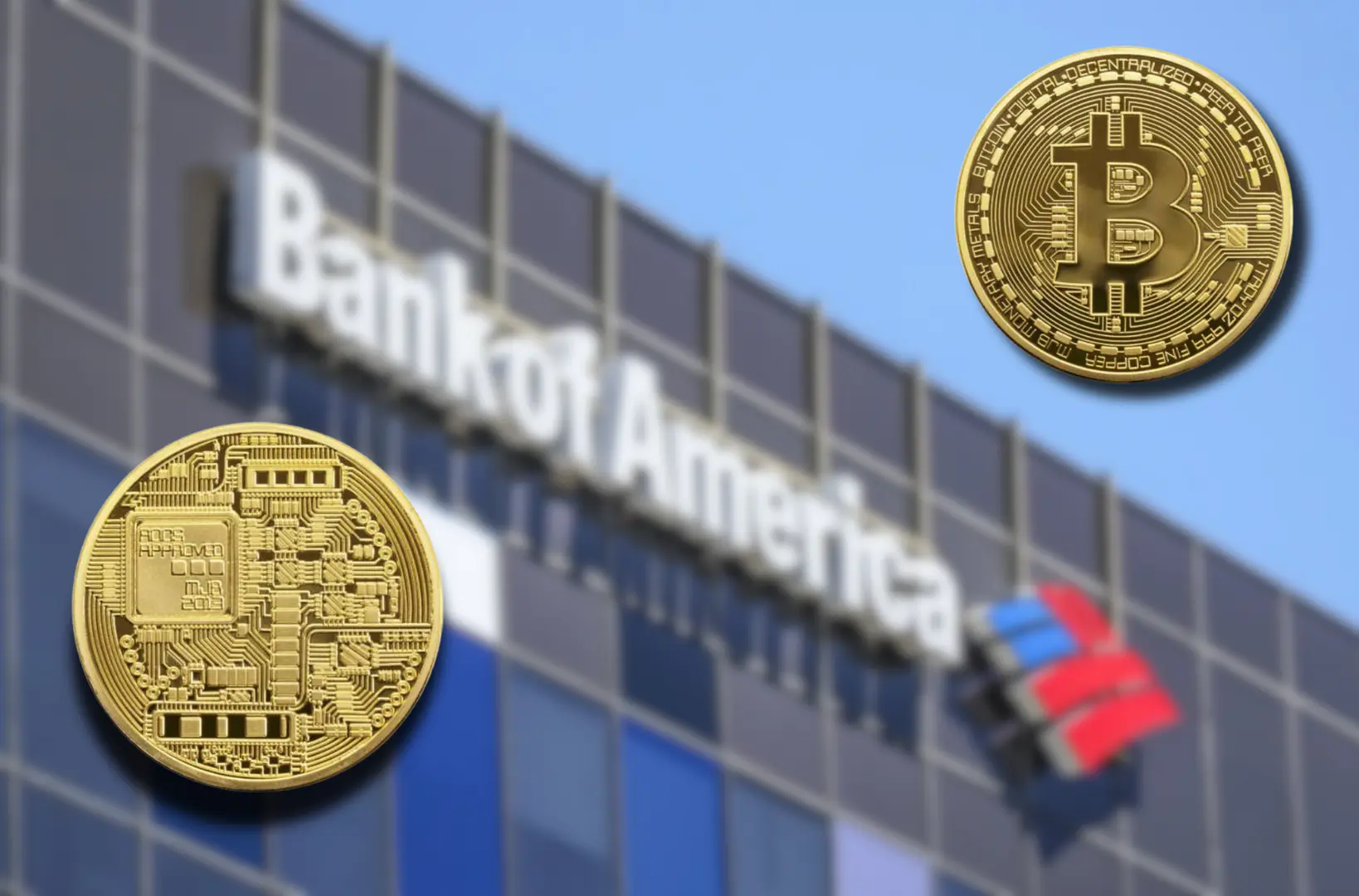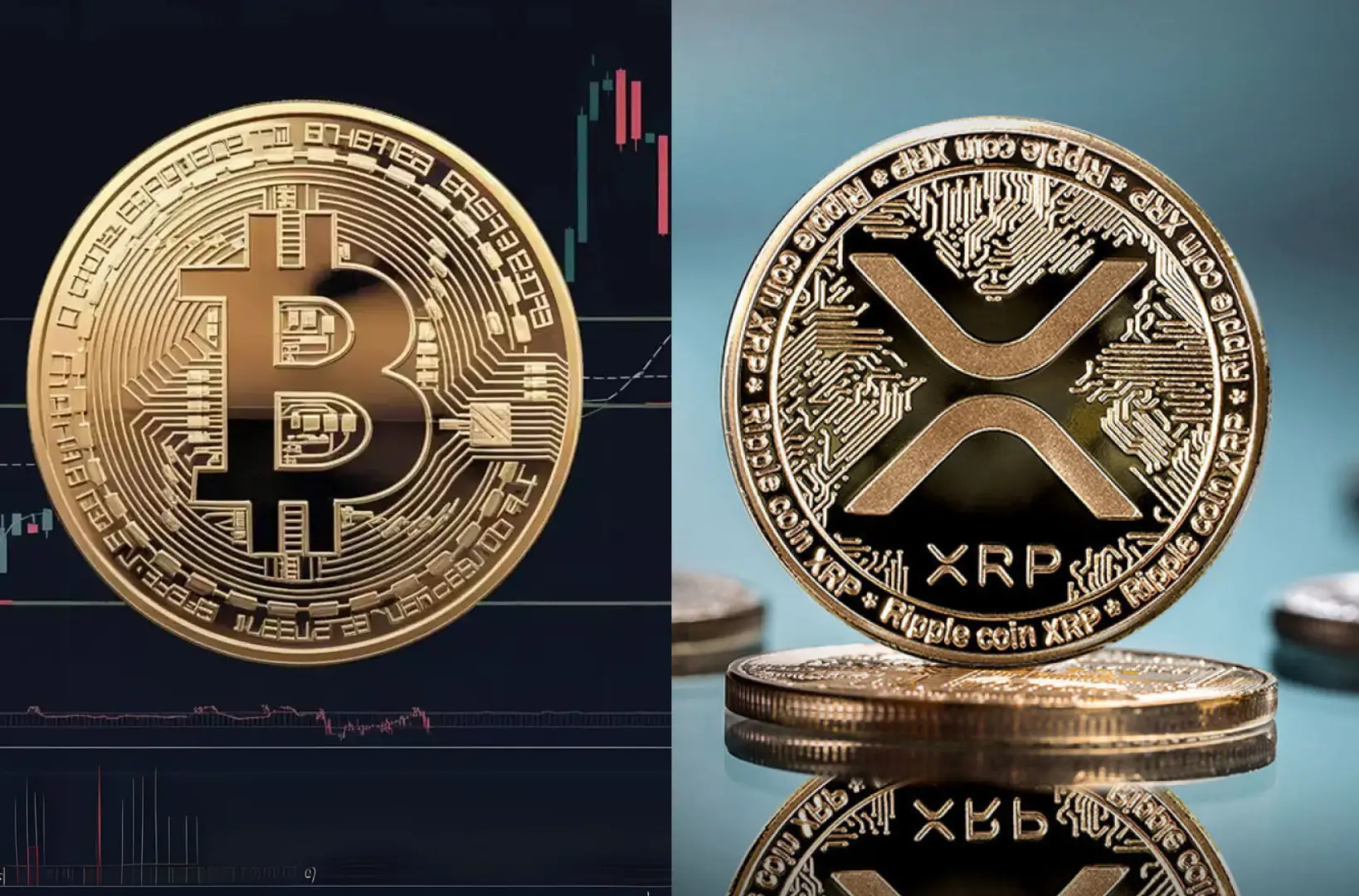The banking world is on the cusp of a digital revolution, and at the forefront of this transformation is Bank of America (BoA). The financial giant is reportedly preparing to incorporate cryptocurrency payments into its services—a move that could forever change the way people interact with money and financial systems.
Bank of America’s decision to embrace crypto payments underscores the growing acceptance of digital currencies in mainstream finance. As one of the largest and most influential banks in the United States, BoA’s adoption of crypto signals a significant step toward legitimizing digital assets and integrating them into everyday financial transactions.
This blog explores Bank of America’s journey into the crypto space, its potential impact on the banking industry, the opportunities and challenges it brings, and how this move could reshape the financial world.
Bank of America and Crypto: A Strategic Shift
Bank of America has been quietly positioning itself in the cryptocurrency space for years. Here’s a look at the bank’s journey and current strategies:
- Blockchain Patents: BoA has filed dozens of blockchain-related patents over the years, signaling its interest in leveraging blockchain technology to streamline banking operations and improve customer experiences.
- Cryptocurrency Research: The bank has conducted extensive research into digital currencies and their potential to revolutionize payments and financial services.
- Regulatory Compliance: As a highly regulated institution, BoA has focused on ensuring compliance with financial regulations while exploring crypto solutions. This cautious approach allows the bank to innovate without running afoul of regulatory bodies.
- Potential Services: While details are not yet confirmed, it’s speculated that BoA may introduce features like custodial crypto wallets, direct cryptocurrency payments, and partnerships with blockchain networks to facilitate seamless transactions.
Why Is Bank of America’s Move Significant?
Bank of America’s potential embrace of crypto payments is a landmark moment for several reasons:
- Mainstream Validation of Cryptocurrencies: When a financial powerhouse like BoA supports crypto, it sends a strong message that digital currencies are not just a passing trend but a legitimate financial tool.
- Increased Trust: BoA’s reputation and regulatory compliance can help build trust among customers who may have been hesitant to adopt cryptocurrencies.
- Acceleration of Adoption: With millions of customers and extensive resources, BoA’s adoption of crypto could drive widespread adoption among consumers and businesses.
- Competitive Edge: By entering the crypto space early, BoA positions itself as an innovator and stays ahead of competitors in the evolving financial landscape.
How Crypto Integration Could Transform Banking
Bank of America’s readiness for crypto payments could usher in a new era for banking. Here are some ways this integration might transform the industry:
1. Faster Transactions
Traditional banking systems, especially for cross-border payments, can be slow and inefficient. Blockchain technology, which underpins cryptocurrencies, enables near-instantaneous transactions regardless of geographic location. By adopting crypto payments, BoA could significantly reduce transaction times for its customers.
2. Lower Transaction Costs
One of the biggest advantages of cryptocurrencies is their ability to eliminate intermediaries and reduce transaction fees. This could benefit both consumers and businesses by making financial transactions more affordable.
3. Global Accessibility
Cryptocurrencies have the potential to provide financial services to unbanked and underbanked populations worldwide. By embracing crypto, BoA could tap into new markets and offer financial inclusion to millions of people.
4. Enhanced Security
Blockchain technology provides a secure and transparent ledger for transactions, reducing the risk of fraud and enhancing trust in the financial system.
5. New Financial Products
With crypto integration, BoA could introduce innovative financial products such as crypto-backed loans, staking rewards, tokenized assets, and decentralized finance (DeFi) services. These offerings could appeal to tech-savvy customers and investors.
Opportunities for Bank of America
Bank of America’s foray into crypto payments presents numerous opportunities:
- Attracting New Customers: The bank could attract a younger, tech-savvy demographic that values innovation and digital-first solutions.
- Revenue Growth: Crypto services could open new revenue streams, from transaction fees to custody services.
- Market Leadership: By being an early adopter, BoA can position itself as a leader in the crypto-powered financial ecosystem, setting benchmarks for other banks.
- Enhanced Brand Image: Supporting crypto aligns BoA with innovation and forward-thinking, enhancing its reputation among customers and investors.
Challenges on the Horizon
While the opportunities are immense, integrating crypto payments comes with its share of challenges:
1. Regulatory Hurdles
Cryptocurrencies operate in a regulatory gray area in many jurisdictions. BoA will need to navigate complex regulatory frameworks to ensure compliance and avoid legal complications.
2. Market Volatility
Cryptocurrencies are known for their price volatility, which could pose risks for both the bank and its customers. Developing mechanisms to manage and mitigate these risks will be crucial.
3. Consumer Education
Many customers are still unfamiliar with cryptocurrencies and blockchain technology. BoA will need to invest in educational initiatives to help users understand and trust these new services.
4. Security Risks
While blockchain is inherently secure, the broader crypto ecosystem has been plagued by hacks and scams. BoA must implement robust security measures to protect its customers’ assets.
How Banking Will Change Forever
Bank of America’s readiness for crypto payments is not just a corporate strategy—it’s a glimpse into the future of money. Here’s how this move could reshape the financial landscape:
1. The Rise of Hybrid Financial Systems
As traditional banks integrate crypto services, we could see the emergence of hybrid financial systems that combine the best of centralized and decentralized finance.
2. The Death of Intermediaries
Cryptocurrencies reduce the need for intermediaries in financial transactions. This could disrupt traditional banking models and lead to more direct peer-to-peer financial systems.
3. A Shift in Consumer Expectations
Consumers will begin to expect faster, cheaper, and more secure financial services. Banks that fail to adapt to these expectations risk losing relevance.
4. New Business Models
Banks will need to rethink their business models to incorporate crypto services, from transaction processing to asset management and beyond.
5. Enhanced Financial Inclusion
Crypto adoption by mainstream banks could democratize access to financial services, empowering individuals and businesses in underserved regions.
The Future of Crypto in Banking
Bank of America’s move into crypto payments is a bold step toward a decentralized financial future. It reflects the broader trend of traditional financial institutions embracing blockchain technology to stay competitive in an evolving market.
While challenges remain, the potential benefits far outweigh the risks. As crypto adoption accelerates, it’s only a matter of time before digital currencies become a standard part of banking services.
Conclusion
Bank of America’s readiness for crypto payments marks a turning point for the financial world. By embracing digital currencies, the bank is not only preparing for the future but also paving the way for the widespread adoption of cryptocurrencies in mainstream finance.
This move has the potential to transform banking, making it faster, cheaper, and more inclusive. It also sets the stage for a new era of financial innovation, where traditional and decentralized finance coexist to offer consumers unprecedented convenience and choice.
As one of the largest banks in the world, BoA’s leap into crypto payments sends a powerful message: the future of money is here, and it’s digital. The only question that remains is how quickly the rest of the banking world will follow suit.v
Suggested reads:
- Melania Trump Launches $MELANIA Cryptocurrency Latest Updates
- JioCoin Reliance’s Cryptocurrency Collaboration with Polygon Labs
- South Korea may allow institutional investors to trade Cryptocurrency

I’m explicitly a Front-end web developer, eager to learn, develop, and deploy new processes in the world of digitalization, by adopting new technologies i.e. Blockchain, AI, and E-commerce.








